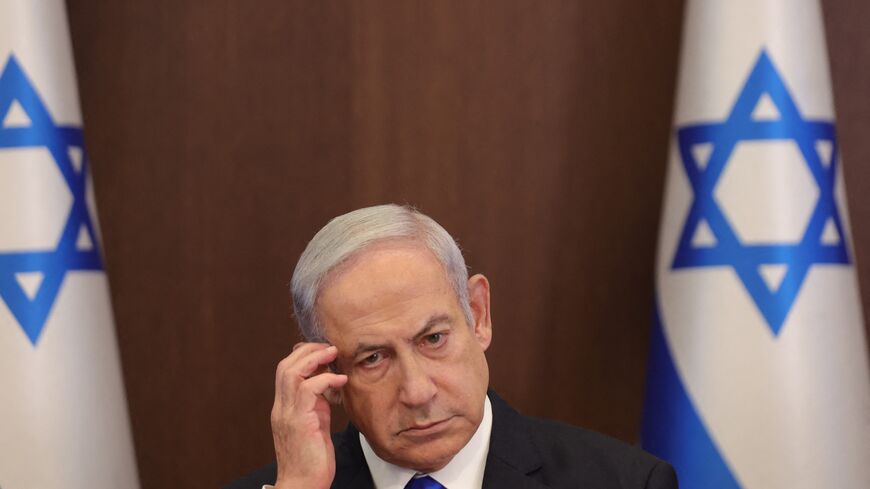JERUSALEM — The urgent procedure to fit Prime Minister Benjamin Netanyahu, 74, with a pacemaker early Sunday morning unveiled the state of his health, which had been shrouded in fog for years.
A report on his medical condition was last issued in 2016, giving him a clean bill of health. Unlike the standard practice by US presidents and some other Western leaders, the Israeli public had no idea what medication the prime minister was taking and whether there had been any deterioration of his health over the last seven years. Official reports were only issued the few times he underwent a procedure under sedation to remove intestinal polyps, which were found to be benign.
For his detractors and opponents, what appeared to be deliberate concealment of the state of his health provided further proof of their argument that Netanyahu was behaving more like a dictator than a democratic leader. Netanyahu, for his part, regularly posted video clips on social media, showing him walking vigorously along a beach or a street, or energetically navigating the corridors of the Knesset.
Netanyahu has always sought to maintain the image of strength and vitality. In 1988, at the outset of his political career, his physical strength was his hallmark, as reflected in his pride at serving as an officer in an elite commando unit that had seen anti-militant action. The young Netanyahu was branded to the public as a fresh force showing up and outpacing the old guard.



